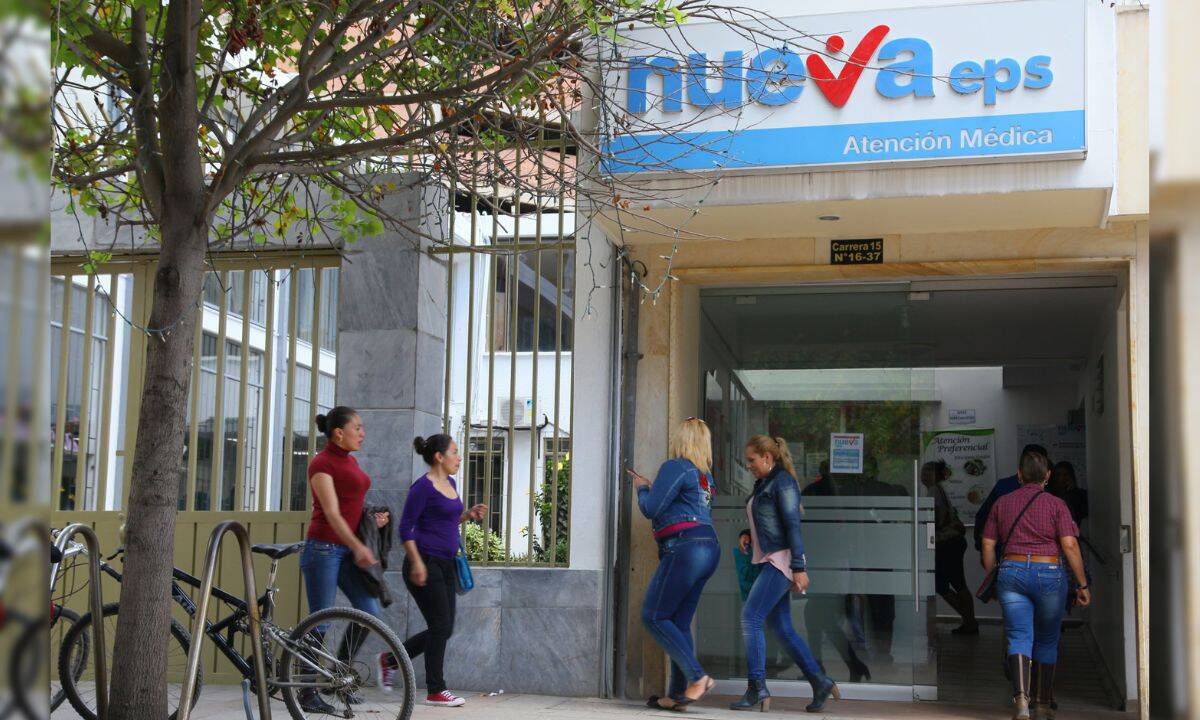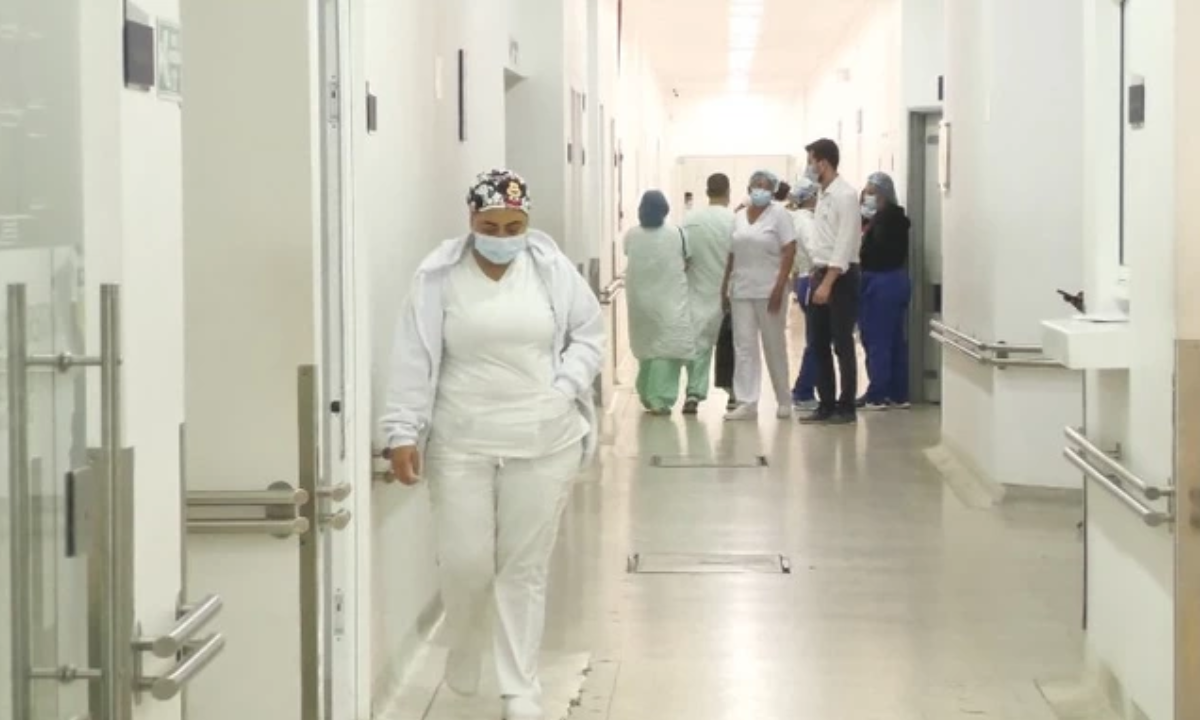Fecoer denounces negligence in the case of Maritza Ramírez, a patient with a rare disease who died after waiting 11 months for a life-saving medication.

The Colombian Federation of Rare Diseases (Fecoer) publicly denounced the death of Maritza Ramírez, a patient diagnosed with group 1 pulmonary hypertension, after more than eleven months without receiving the vital medication she needed to survive. The organization held Nueva EPS, currently under intervention by the National Health Superintendency, and the health system as a whole responsible for what it described as a case of institutional neglect.
On August 6, Fecoer issued an urgent alert regarding Ramírez's condition. He immediately required subcutaneous treprostinil to prevent the deterioration of his health and the risk of heart failure. "Failure to provide it puts his life at imminent risk," the federation warned at the time, urging the National Health Superintendency, the Ministry of Health, and the EPS itself to act immediately.
That same day, the patient herself posted a video in which she explained her case and directly denounced Nueva EPS for not providing her with treatment. "Since October, the medication has run out. Nueva EPS hasn't delivered it to me, they won't give me the treprostinil because of the high cost. They always have a problem with the prescription, with one thing, then another, so they can't deliver it," she said.

The patient with pulmonary hypertension died after months of demanding a life-saving medication. Photo: Fecoer
Ramírez explained that she had been diagnosed with pulmonary hypertension for approximately four years and that her health was progressively deteriorating due to the lack of medication. "I've had a relapse due to the lack of medication for my treatment... We've already filed a writ of protection, we've already filed complaints with the Ombudsman's Office and the Superintendency of Health, and we haven't been heard," she denounced in the video.
The patient reported that for a few months she was able to sustain her treatment thanks to donations, but since February she has no longer had access to any medication. "This has caused my illness to progress a little further... I'm currently not receiving any of my treatments," she explained.
Between pauses, he described how everyday activities like walking, bending down, and bathing had become impossible: "Things that are completely normal activities for anyone become impossible for me. I'm coming to you for help, to see how you can help me."
Despite the complaints and legal actions taken, the situation was not resolved in a timely manner. On September 8, Fecoer confirmed Maritza Ramírez's death and blamed delays in the delivery of the medication. "Mrs. Maritza Ramírez should not have died. Her death is the most painful example of a health system that violates rights and condemns patients to despair," the federation stated.

According to the federation, Nueva EPS, currently under intervention, is responsible for the incident. Photo: Luis Lizarazo García. EL TIEMPO Archive
According to the complaint, the medication was only delivered when it was too late, making the situation an "unjust, inhumane, and unacceptable death sentence."
Fecoer has been one of the organizations most critical of the current government's handling of the health system. It has warned that the decisions made by the Ministry of Health put thousands of patients at risk and has questioned the government's refusal to acknowledge and provide the resources truly needed for the system to function.
From forums such as the technical committees on the Per Capita Payment Unit (UPC), patient organizations—including Fecoer—have warned that underfunding is close to two percentage points of GDP, which directly affects the quality and timeliness of services.
"The government insists that resources are sufficient, but reality and indicators show otherwise. An underfunded ICU kills patients," recently stated Denis Silva, spokesperson for Pacientes Colombia, a movement in which Fecoer participates.

According to the federation, the system's underfunding is structural. Photo: Valle del Cauca Governor's Office
For the federation, what happened to Maritza Ramírez reflects the most serious consequences of a system that, they insist, is trapped in negligence, lack of resources, and institutional indifference. For this reason, they have requested the intervention of the Constitutional Court, the Inter-American Court of Human Rights, the Ombudsman's Office, and international organizations such as the UN and the Attorney General's Office.
The case adds to the recurring criticism from patients and organizations about the administrative barriers faced by users of the Colombian healthcare system, especially those with rare or high-cost diseases.
Environment and Health Journalist
eltiempo





